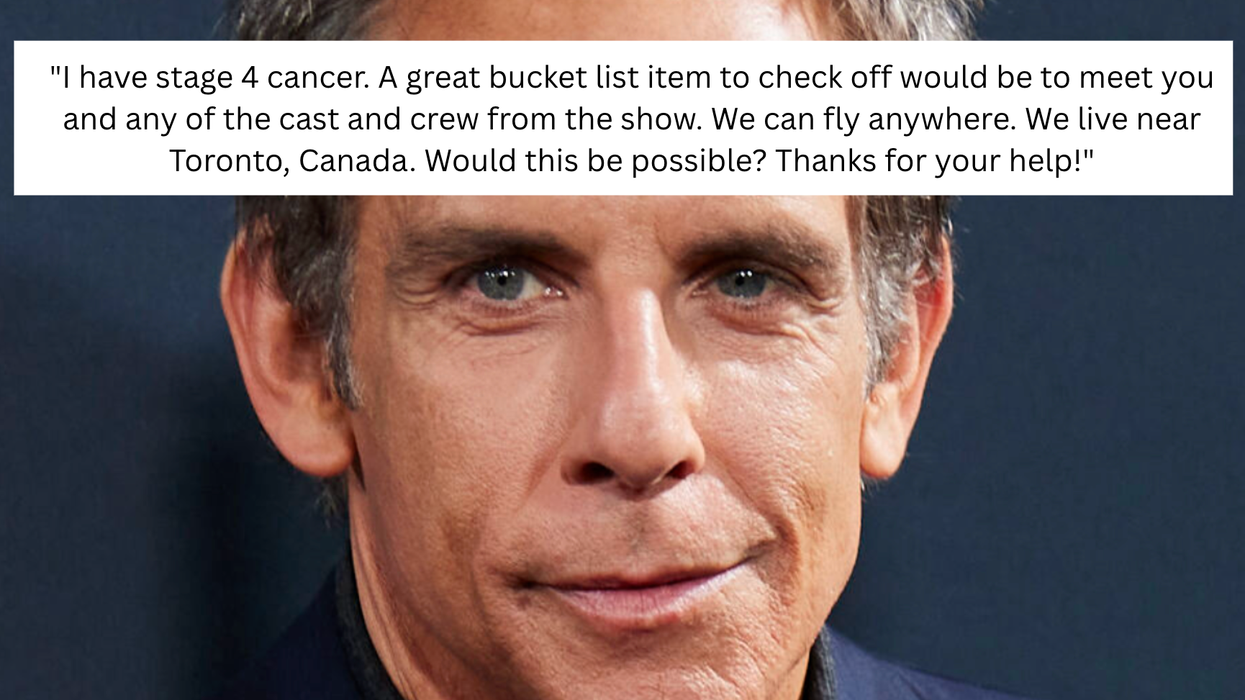When NASA’s space shuttle program closed in 2011, the Obama Administration filled the void by reaching out to private businesses to transport crew and cargo to low-Earth orbit. With commercial space transportation accounting for over $208 billion of the United States’ economic activity and employment of over one million people, space tourism has the potential to become a new exploration industry.
According to the Fédération Aéronautique Internationale, as of January 3, 2013, a total of 530 people from 38 countries are known to have gone into space, seven of which were private citizens, made possible by the company Space Adventures. Of the 530, three people completed only a sub-orbital flight, 527 people reached Earth orbit, 24 traveled beyond low Earth orbit and 12 walked on the Moon. Whether traveling 100 kilometers above our planet, orbiting the Earth every 90 minutes, or walking on the moon, here are the private companies that are making space tourism possible.
Tell us how far you'd travel in space. To participate in our exploration challenge, simply click here to say you'll Do It.


















 The Emergency Department.Photo credit:
The Emergency Department.Photo credit:  Little girl with a splinter.Photo credit:
Little girl with a splinter.Photo credit:  Woman on phone after car accident.Photo credit:
Woman on phone after car accident.Photo credit: 


 A hotel clerk greets a guestCanva
A hotel clerk greets a guestCanva Gif of Faye Dunaway' as Joan Crawford demanding respect via
Gif of Faye Dunaway' as Joan Crawford demanding respect via  An empty rooftopCanva
An empty rooftopCanva
 A road near equatorial Atlantic OceanCanva
A road near equatorial Atlantic OceanCanva Waves crash against rocksCanva
Waves crash against rocksCanva